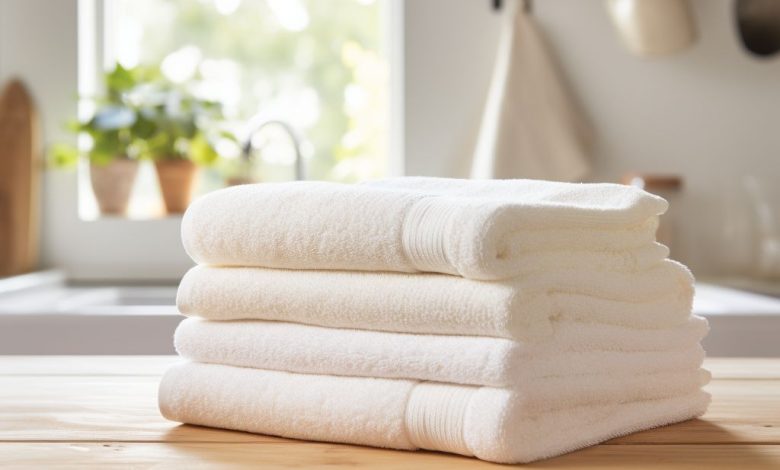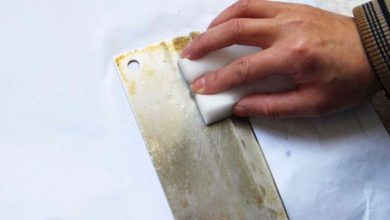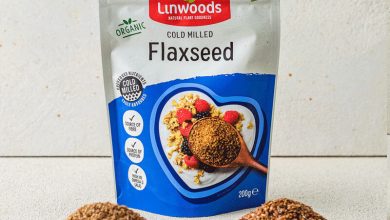Can vinegar soften towels and bed sheets? Here’s everything you need to know

For many, the feeling of wrapping themselves in a cloud-like towel or sinking into luxuriously soft bed sheets is the epitome of comfort. But achieving that perfect level of softness can feel like an ongoing battle. While commercial fabric softeners promise a solution, some people are turning to natural alternatives like vinegar for a gentler, more eco-friendly approach.
ADVERTISEMENT
This guide delves into the science behind vinegar’s softening power and explores various methods to keep your towels and bed sheets feeling pamperingly soft, wash after wash.
ADVERTISEMENT
The Power of Vinegar: A Natural Fabric Softener
ADVERTISEMENT
Vinegar, a versatile household staple for centuries, boasts surprising laundry prowess. White distilled vinegar, the hero for this task, is made from fermented grain alcohol and contains acetic acid, the key ingredient for softening fabrics. Here’s how vinegar works its magic:
-
Dissolving Residue Buildup: Over time, laundry detergents, fabric softeners, and even body oils can leave a residue on towels and sheets. This buildup makes them feel stiff and less absorbent. Vinegar’s acetic acid acts as a natural solvent, breaking down and dissolving this residue, restoring the fabric’s natural softness and absorbency.
-
Balancing pH Levels: Hard water, prevalent in many regions, has a high mineral content that can make fabrics feel rough and stiff. Vinegar’s mildly acidic nature helps balance the pH of your laundry water. This counteracts the effects of hard water, contributing to softer, more comfortable linens.
-
Reducing Static Cling: The bane of anyone who’s battled clingy sheets or towels, static electricity can make fabrics feel rough and unpleasant. Vinegar’s ability to neutralize static charges helps prevent this, leaving your linens feeling softer and easier to manage.
Harnessing the Power of Vinegar: Practical Tips
Pre-Wash Soak: Give your towels and bed sheets a head start by soaking them in a basin or bathtub filled with warm water and 1-2 cups of white distilled vinegar diluted with water (consult specific dilution ratios for optimal results). Soak for 15-30 minutes to allow the vinegar to break down residue and freshen the fabrics.
Regular Wash: After soaking, launder your linens as usual. Instead of fabric softener, add a half-cup to a cup of diluted vinegar to the rinse cycle. This final rinse helps remove any lingering vinegar scent while ensuring the softening benefits remain.
A Word on Moderation: While vinegar is a great natural solution, overuse or excessive amounts can potentially damage some fabrics. Use it as a fabric softener no more than once every few washes.
Scent Concerns: The mild vinegar scent typically dissipates during the rinse cycle, leaving your laundry odor-free. However, if even a faint vinegar scent bothers you, consider adding a few drops of your favorite essential oil (like lavender or chamomile) to the pre-soak water.
Quality Matters: The effectiveness of vinegar may vary depending on the quality of your towels and sheets. High-quality linens made from natural fibers like cotton tend to maintain their softness better and may require less assistance from vinegar.
Beyond Vinegar: Expanding Your Softening Toolkit
While vinegar is a fantastic natural option, here are some other methods to keep your linens luxuriously soft:
-
Baking Soda: A natural deodorizer and cleaning agent, baking soda can also help soften fabrics. Add a half cup of baking soda to your wash cycle along with your detergent for an extra boost of softness and odor neutralization.
-
Fabric Softener Balls: These reusable balls, often made of wool or plastic, can be filled with your preferred fabric softener and tossed into the dryer. They distribute the softener evenly, resulting in softer fabrics. Consider opting for hypoallergenic options if you have sensitive skin.
-
Wool Dryer Balls: A natural and eco-friendly alternative to dryer sheets, wool dryer balls help fluff up and soften laundry by absorbing moisture and reducing static cling. Their hygroscopic properties (attracting moisture from the air) help prevent over-drying, which can damage fabrics and negate the softening effects.
-
Gentle Detergent: Harsh chemicals and strong fragrances in detergents can contribute to fabric stiffness. Opt for a gentle, fragrance-free detergent specifically formulated for towels and sheets.
-
Air Drying: Whenever possible, air-drying your towels and bed sheets in the sunlight is a natural way to soften them and give them a fresh scent. Sunshine also has a natural disinfecting effect.
Conclusion: Softness with a Sustainable Touch
Vinegar offers a natural, cost-effective solution to achieve that spa-like level of softness for your towels and bed sheets. Its ability to break down residue, balance pH levels, and reduce static cling makes it a powerful laundry ally. By incorporating vinegar and other gentle methods into your laundry routine, you can achieve the desired softness while opting for a more sustainable approach compared




